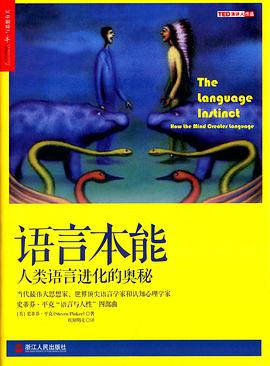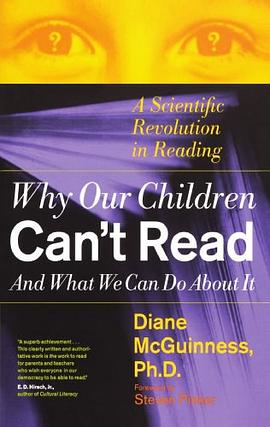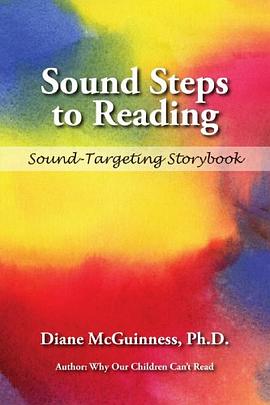语言学
Why Our Children Can't Read and What We Can Do About It 豆瓣
作者:
Mcguinness, Diane
Simon & Schuster
1999
- 3
In America today, 43 percent of our children fall below grade level in reading. In her meticulously researched and groundbreaking work, Diane McGuinness faults outmoded reading systems for this crisis -- and provides the answers we need to give our children the reading skills they need. Drawing on twenty-five years of cutting-edge research, Dr. McGuinness presents bold new "phoneme awareness" programs that overcome the tremendous shortcomings of other systems by focusing on the crucial need to understand and hear reliably the sounds of a language before learning to read. Maintaining that any child can be taught to read fluently if given proper instruction, she dramatically reveals how dyslexia and behavior problems such as ADD stem not from neurological disorders but from flawed methods of reading instruction. With invaluable information on remedial reading programs that can correct various ineffective reading strategies, this book is a must for concerned parents, teachers, and others who want to make a difference.
Sound Steps to Reading 豆瓣
作者:
McGuinness, Diane
2008
The Sound Steps to Reading Storybook contains the full text of the story fragment that begins each lesson. These stories should be read by the parent or teacher later on the same day after the lesson has been completed. Each story features the target sound (phoneme) for that lesson. The stories are humorous and written in rhyme. Trials in the U.S. and the U.K showed that children love them. Many children can begin reading these stories on their own (with a little help) about midway through the program. This is highly motivating. By the end of the program all children can read these stories with ease. The stories will work well with any synthetic phonics program that teaches the spelling alternatives for the sounds in English. Here is a story sample. Can you discover what sound is featured in this story? Find all the spellings for this sound. Mole, as you see by the title, does not know how to spell 'business.'] Sample text from "Mole's Home Biznis" Mole poked his nose out of his hole He reached for his Daily Globe that was stuck in the snow. "Well, well. It's cold, it's cold. I'd better go down below." As mole went into his underground burrow his face had a frown, his forehead a furrow. He was, as usual, alone at home. Mole mumbled, "Home alone. Home alone." Mole had a habit of saying things over, and over, and over. He sighed, "Life is too dull. Life is too slow for such a talented fellow. I need a goal. I need a goal. I can't always be home alone in my hole." He sat down with his cocoa and toast to read the Globe and open his post. As he unfolded the paper, he saw this: "Start your Own HomeBusiness" (the story continues ---)


